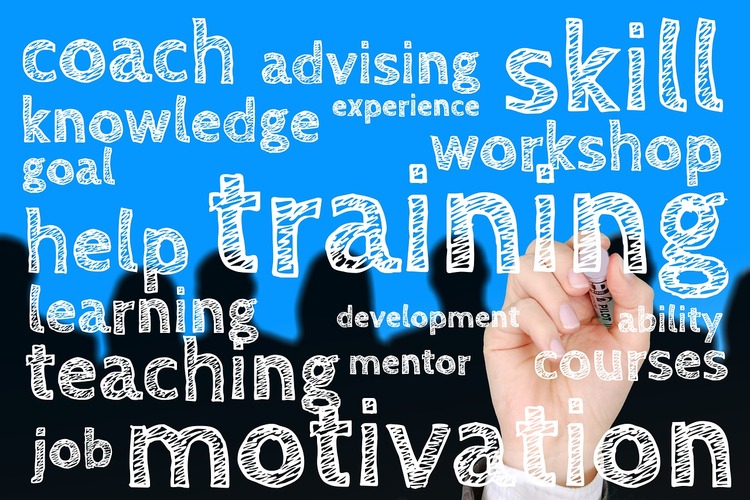Most in demand skills for the future

- Cloud Computing.
- Artificial Intelligence.
- Analytical Reasoning.
- People Management.
- UX Design.
- Mobile Application Development.
- Video Production.
- Sales Leadership.
It is certainly not enough to prepare for questions likely to be asked in an interview, you also need to be prepared to ask some of your own.
Most interviewers do invite questions at the end of the interview. Even if they don’t, you must be ready with questions to ask an interviewer regarding the company and your job profile. Asking pertinent questions may impress your interviewer and up your chances of landing the job. However, don’t ask questions for the sake of asking them, since your interviewer will see right through you.
Questions to impress the interviewer
Q: Do my qualifications meet your expectations and what you were looking for?
This question appears to put the interviewer in a spot, but it will project your honesty. It will get you an honest feedback too regarding any skill gaps you might have and any other concerns that the interviewer may harbor regarding your qualifications, training and experience. What you get is an important free advice.
Q: What are the current challenges faced by your company and how can my position in the company help?
This question will indicate your concern for the overall health of the company and your eagerness to chip in in taking up those challenges. This will put you across as a valuable asset for the company who is not only ready to tackle daily tasks energetically, but also keeps the bigger picture in mind.
Q: What do you enjoy most working for this company?
This question is aimed at catching the interviewer off guard, since any reluctance on his or her part in answering it will make it apparent that this company may not be a great place to work in. This question will also help bring down the interviewer to a personal level for a mutual exchange that may transpose later into a strong bond, should you get hired.
Q: What am I expected to accomplish in the first two or three months?
The response to this question by the interviewer will reveal what priority tasks or projects will be lined up for you on joining. This will also show your earnestness to prepare for them beforehand. Ensure that you also ask which task or project should be put at the top of the priority list.
Q: What will be my biggest challenges when I join?
This question will indicate your keenness to strategize beforehand how to tackle the challenges that may face you when you join. This will also display your tenacity in coping up with the challenges.
Q: How will the company train me?
This will give a chance to the interviewer to give you an idea about the training program that you will be made to undergo on joining. If the program seems rushed-up or a whitewash, it is certainly not a company that is reliable. The mark of a good company is a thorough training program to help you acquire skills that spell success not only for you, but for the company as well. This question will also indicate your desire for a long-term career.
Q: What makes you confident that you are hiring the right person?
This will elicit the interviewer’s goals, objectives and expectations and help you evaluate whether these excite you enough to fill this position.
Q: Is it possible for me to have a round of the company and see my work station?
This question should come at the end. If the interviewer obliges, it will not only get you a first-hand feel of the company, but will help the interviewer break his or her routine in showing you around. By breaking the ice with this, you get a chance to interact at a more personal level with the interviewer.
Conclusion
Putting questions to the interviewer is an art that needs practice. Your questions should not only be well drafted, so as not to offend the interviewer, but also help in keeping the conversation flowing. Also, respect your interviewer’s time and ask only two or three most important questions. And it is not a must to ask questions only at the end, you can interject with your questions during the interview itself.
Source: bmmagazine
Industry: Recruitment news
